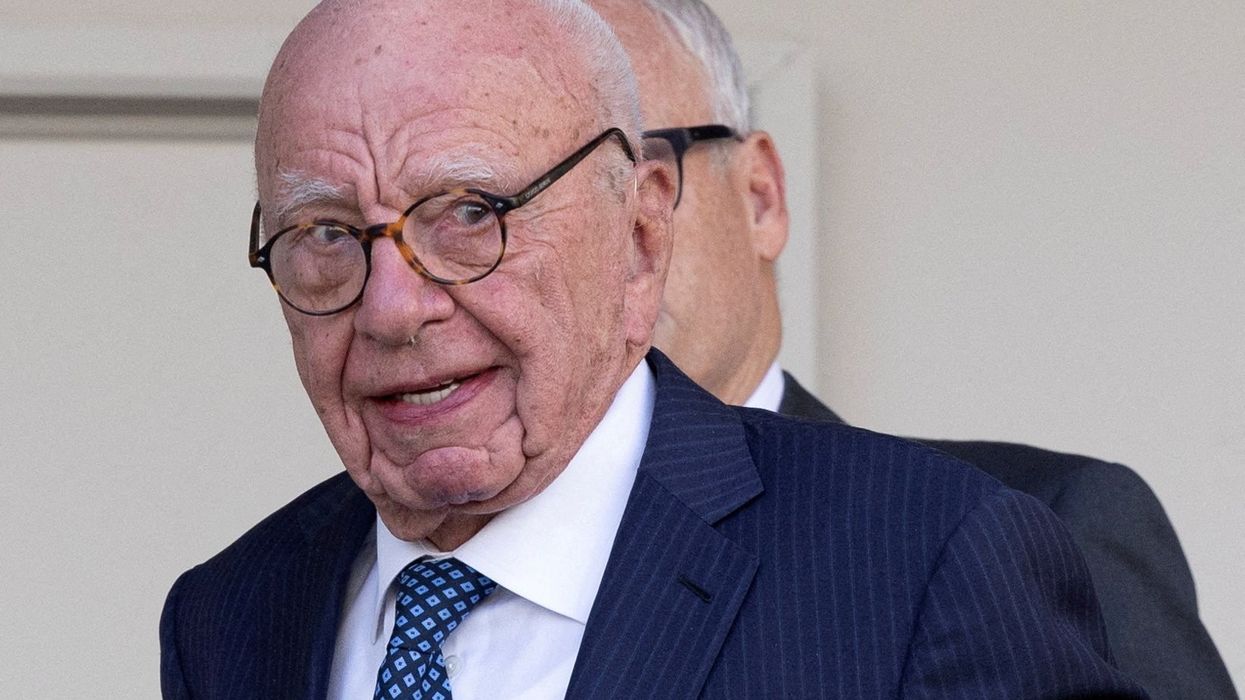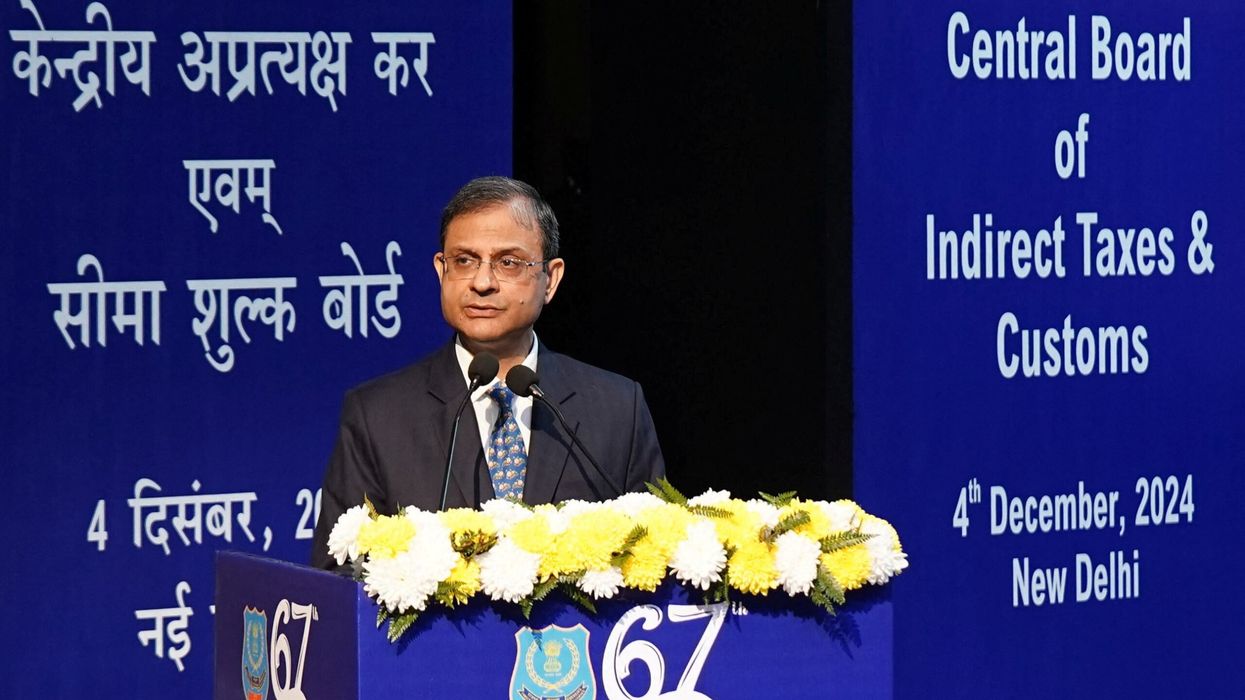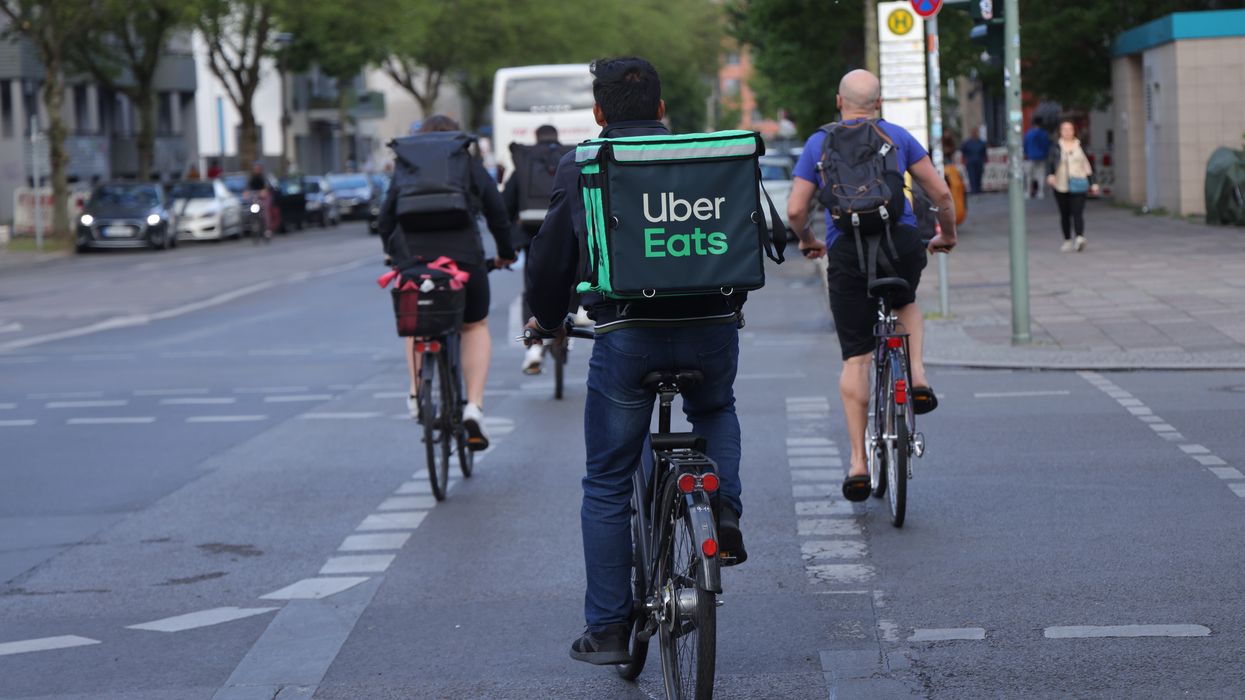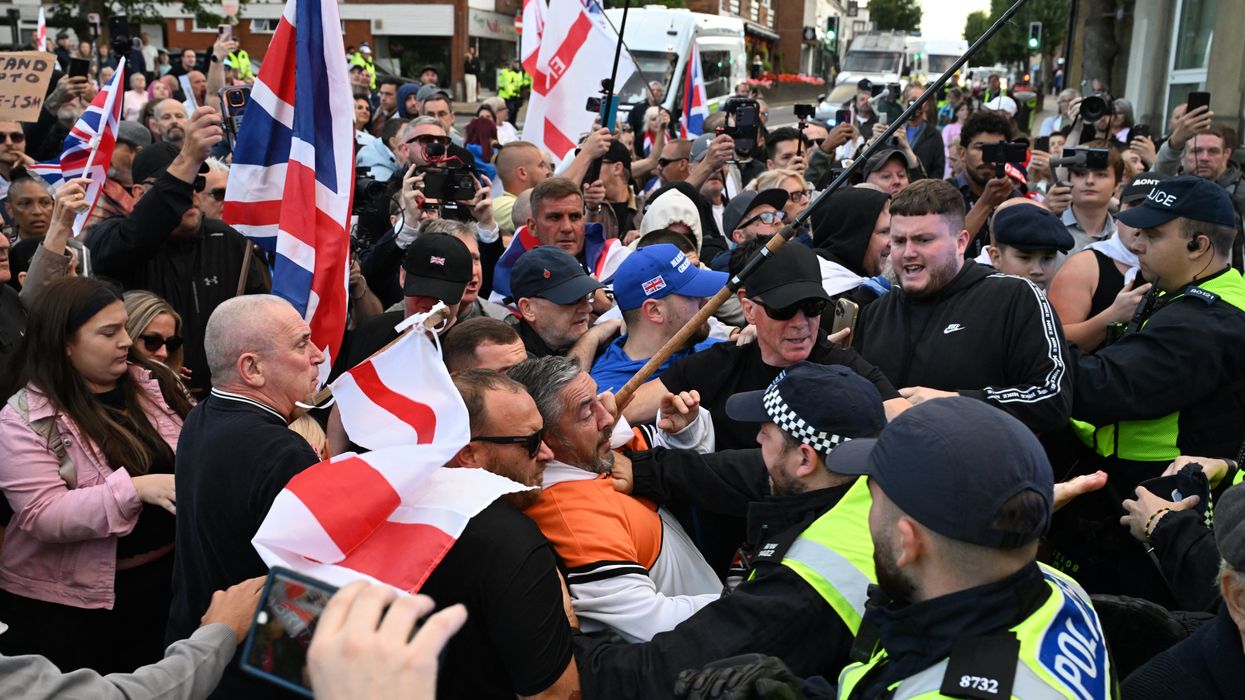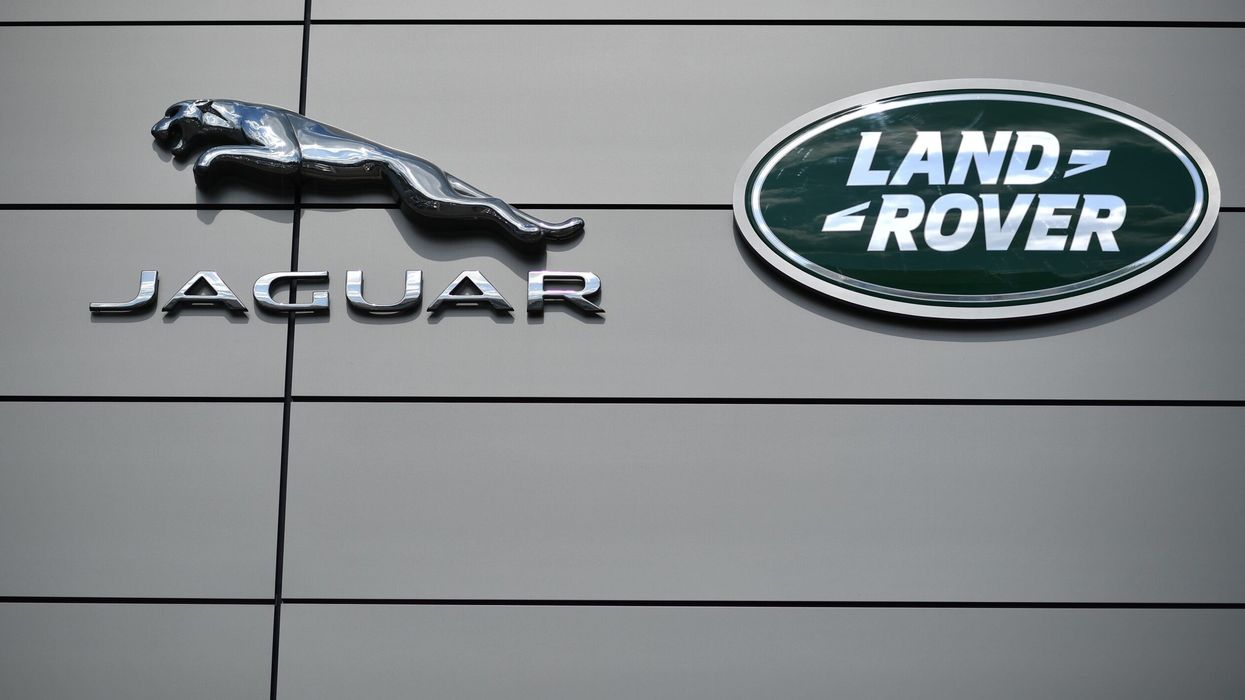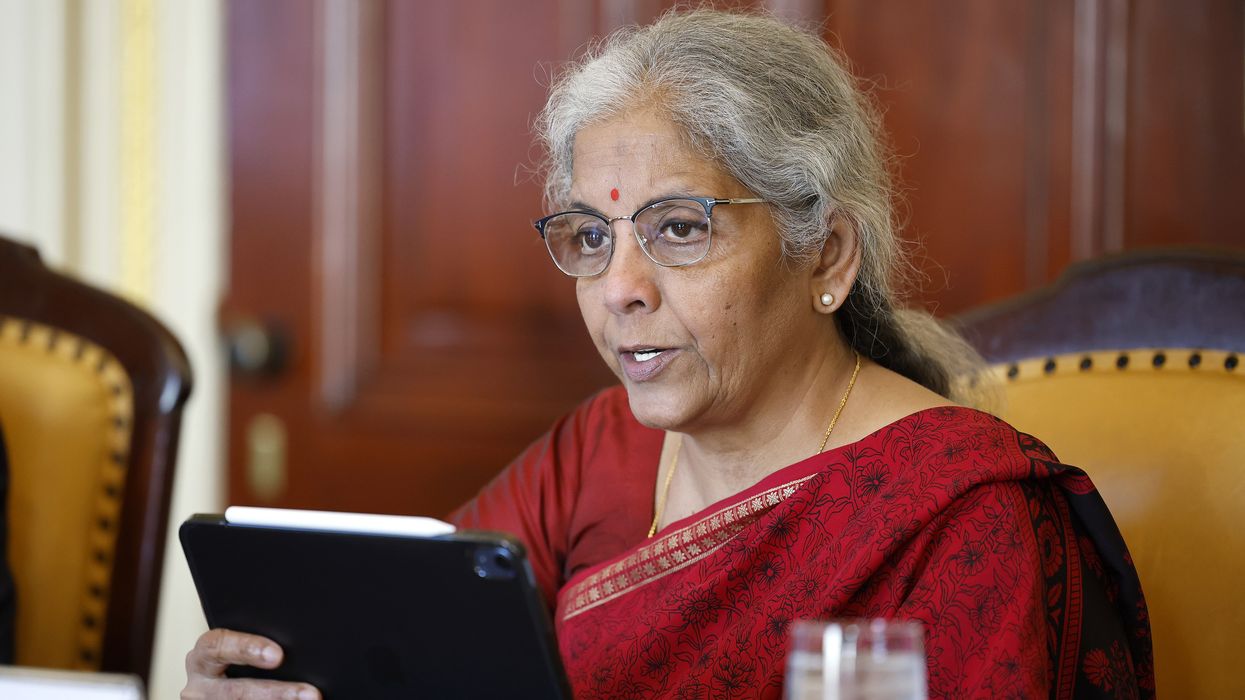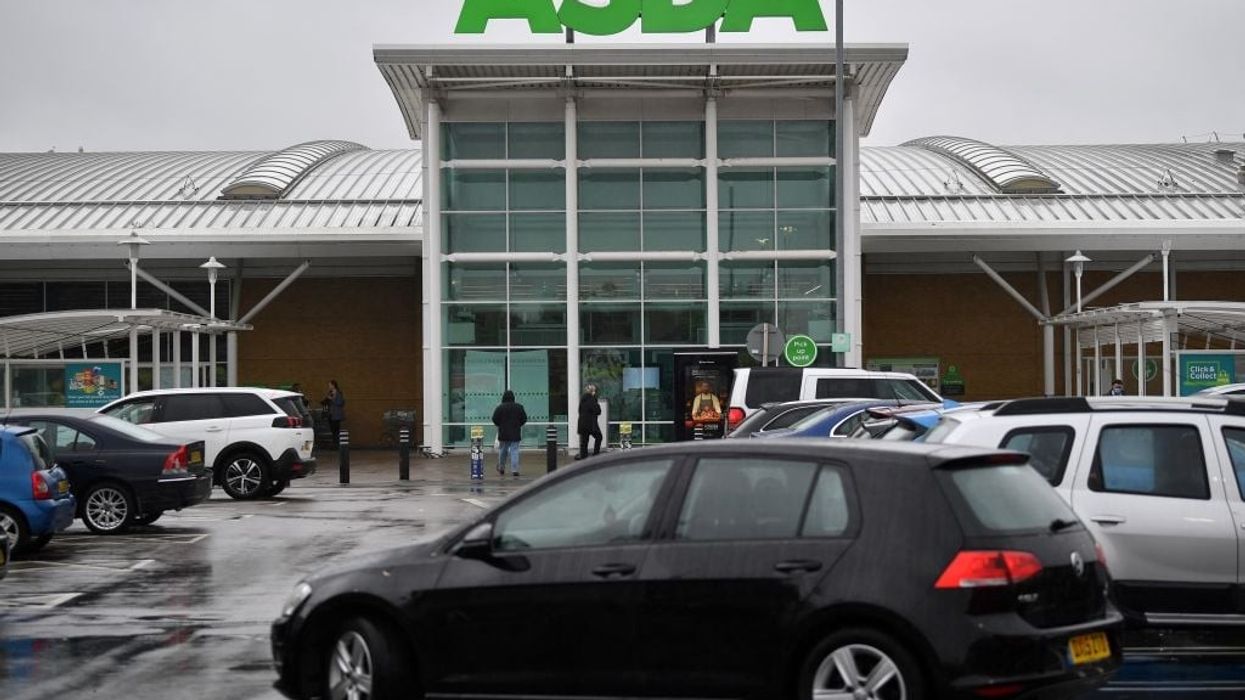ONLINE Fashion brand Boohoo has cut ties with hundreds of companies following a damning review of its supply chain in 2020.
The company has published a full list of 78 UK suppliers it works with after the review by Alison Levitt QC found the fast fashion retailer had been working with up to 500 UK suppliers when subcontractors were included, reported The Guardian.
According to the review, there were'endemic' problems at Leicester factories in its supply chain, including minimum wage and life-threatening fire risk.
Meanwhile, Claudia Webbe, MP for Leicester East, has said that cutting ties with suppliers will not bring justice to the Leicester workers whose exploited labour has built the companies fortune.
“It is not enough for boohoo to terminate ties with suppliers without paying back wages. Under the UN guiding principles on business and human rights, employers have a duty to remedy human rights violations that are uncovered. Therefore, boohoo must make funding immediately available to ensure that all workers who have enabled their huge profits are fully compensated for years of working at less than half the minimum wage," she said.
Boohoo said the reduction in suppliers would 'strengthen oversight and ownership and provide greater protection to workers'.
Sir Brian Leveson, the retired judge who has been appointed by Boohoo to oversee the overhaul of its supply chain, said he thought Boohoo was making 'very real progress' but added: 'There is some way to go to ensure the changes put in place become business as usual'.
In his second progress report published on Thursday (25), Leveson praised better monitoring of factory staff, including fingerprint recognition systems, and new contracts that included overtime pay, but he flagged concerns about some factory workers being signed up to zero-hours contracts, The Guardian report added.
Claudia Webbe MP said: “The company continues to deny trade union rights and refuse to recognise unions in their workplaces. Indeed, in their 13-page Modern Slavery Statement – trade unions were not mentioned once. Until companies such as boohoo adopt a more welcoming approach to the labour movement, I fear that exploitation will remain rife in Leicester and across the country.
“I hope to see much more for the company to be held to account, including a mandatory Human Rights and Due Diligence responsibility, the establishment of a Garment Industry Trade Adjudicator and full compensation for all Leicester workers who have been exploited within boohoo’s supply chains.”
Boohoo said it remained committed to UK manufacturing and now ordered a higher volume of goods from Leicester despite reducing supplier numbers.
“We have faced up to the problems of the past and are now driving positive change in the industry. We want to play our part in rebuilding a vibrant manufacturing base in Leicester, one that offers good employment and great prospects for the workers and the industry in Leicester as a whole," John Lyttle, Boohoo chief executive, told The Guardian.


